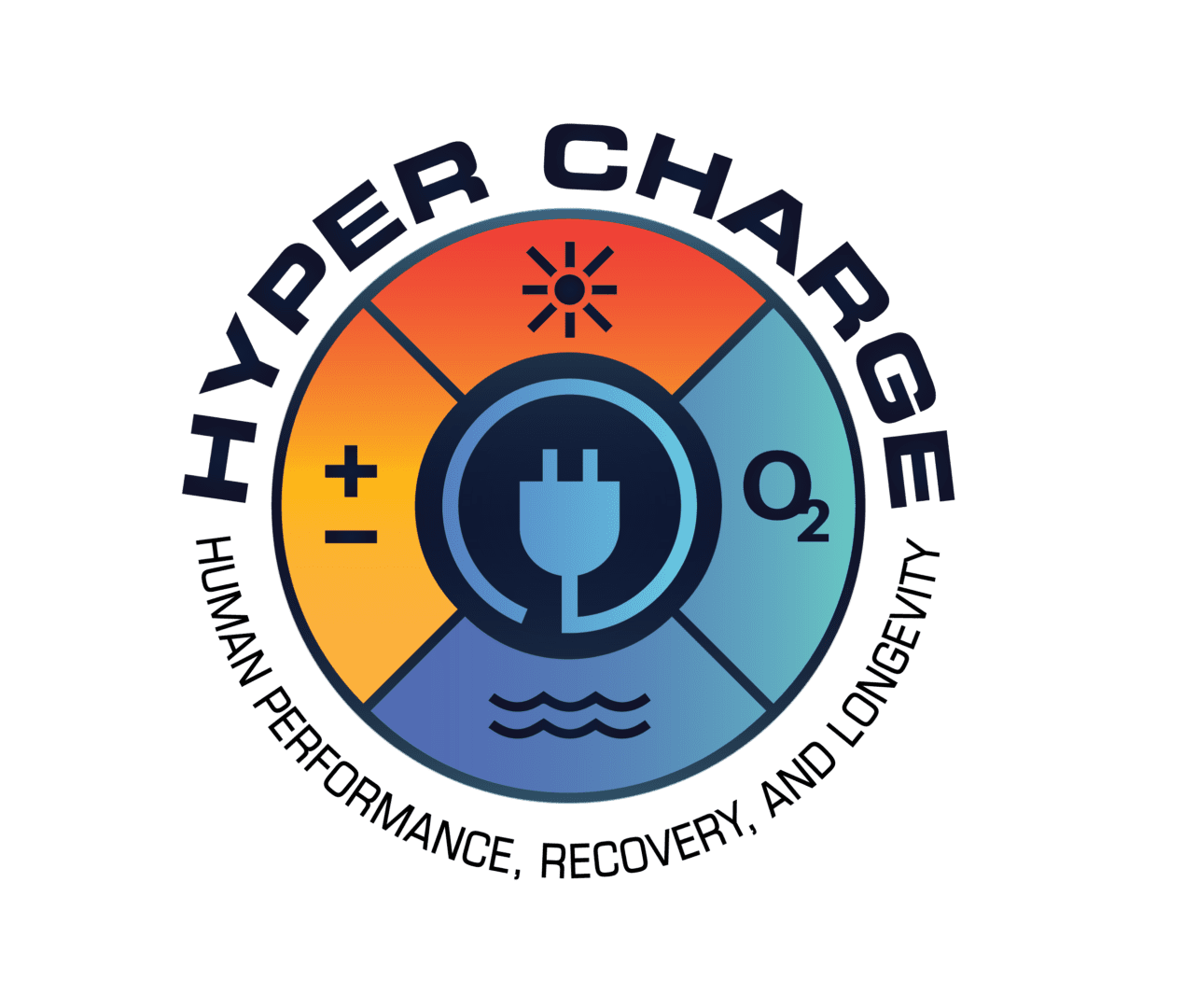As we get older, it becomes more difficult for our body to continue producing hormones at the same rate. Many people begin to feel the effects of these hormonal changes in their 40s and 50s, but it can also happen as early as our 20s and 30s. One of the more common hormonal changes that can have an impact on a man’s well-being is a drop in testosterone.
Testosterone is the primary sex hormone in men, and it affects a number of different aspects of your health. Testosterone production can affect your sex drive, bone production, muscle mass and even your mental health, and while you may not need the same amount of testosterone as you had in your younger years, too swift of a dropoff in testosterone production can have some intended consequences for your health. In today’s blog, we share some tips for boosting your testosterone production as you get older.
Symptoms Of Low Testosterone
As we noted above, testosterone plays a pivotal role in a number of biological functions. Individuals with unusually low testosterone levels may experience any of the following symptoms:
- Decreased or nonexistent sex drive
- Erectile dysfunction
- Decreased muscle mass
- Bone weakening
- Difficulty achieving restorative sleep
- Anxiety, depression and other mental health issues
These symptoms can be caused by a number of other health problems, so it’s important to talk with your primary care physician in order to get to the bottom of your symptoms. Left untreated, symptoms can worsen and you may be at an increased risk for other health conditions like heart disease, Alzheimer’s diabetes and osteoporosis.
Boosting Your Testosterone Levels
Fortunately, you don’t just have to accept that low testosterone will always be part of your life. There are a number of things you can do to naturally boost your testosterone levels, and many of them center around living a healthier lifestyle. Some doctor-recommended ways to boost testosterone production often include:
- Regular Exercise – Research has found that regular exercise can help to boost your testosterone levels. Exercising helps you build and maintain muscle mass, and the more muscle that is stressed during a workout, the greater the testosterone response from your body. Exercise can also help you lose weight or maintain a healthy weight, both of which also support ideal testosterone levels.
- Improved Diet – There aren’t really any foods that will significantly boost your testosterone levels on their own, but a healthy diet will help you lose weight or maintain an ideal weight, which can make it easier for your body to keep producing testosterone at normal levels.
- Better Sleep – Sleep is a restorative process that allows our body to recover from the stress of the day, and it also ensures that key systems can keep functioning correctly. Hormone production is one such system that can be maintained with ideal sleep and be negatively affected by poor sleep quality. Work to improve your sleep quality, and your testosterone levels may rebound.
- Improved Cellular Function – A number of the rejuvenation techniques that we offer at HyperCharge Clinic can work to improve hormone production. Techniques like red light therapy and photobiomodulation work to address inefficiencies at the cellular level. When your cells are more energized and functioning properly, it takes stress off your entire body, which in turn can make it easier for it to produce the right amount of hormones. Light therapy won’t directly boost your testosterone levels, but healthy hormone production is oftentimes a byproduct of improved cellular function.
So if you are struggling with any of the symptoms listed above, or you’re wondering if low testosterone is to blame for your energy levels or mental health, consider connecting with the team at HyperCharge Clinic. We’d be happy to help find a rejuvenation solution for your needs. For more information, give our team a call today at (763) 717-8745.
